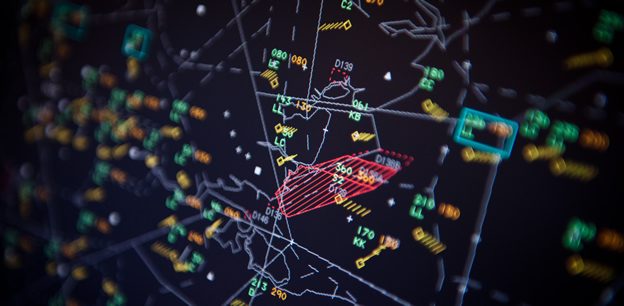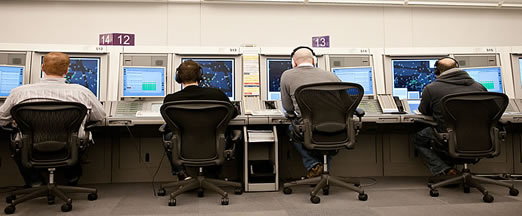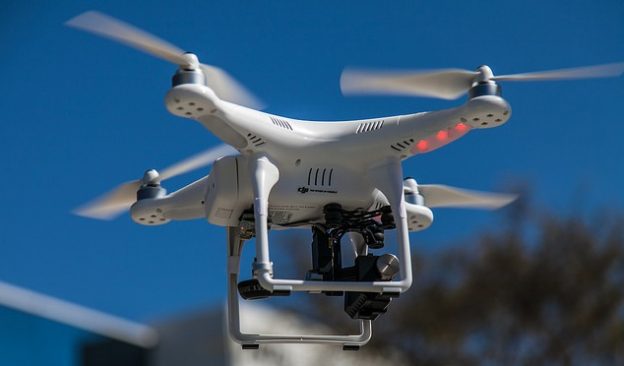Sometimes it takes a terrible tragedy to galvanise our understandably conservative industry into taking bold steps.
The introduction of TCAS, standard ATC phraseology, and even cabin smoke detectors have all been spurred on by disaster. But equally, that compulsion to act must not allow us to pursue actions that may have unexpected consequences. Our response must be measured as well as meaningful.
Last week there was renewed focus in the media on the idea of an automated system that would transfer control of an aircraft to the ground in the event of an incident. The thinking being is that such a system could have prevented the tragic crash of Germanwings flight 9525 in the French Alps last month.
Initial research on The Safe Automatic Flight and Landing of Aircraft, or SOFIA, began in 2005 and would provide air traffic control with the ability to take over an aircraft in case of an emergency and put it on course for a safe landing. It seems like an obvious idea.
And of course anything that may have a beneficial effect on flight safety is always worthy of discussion, but I am not sure this is where the industry should be focusing its efforts over other potential mitigation. In fact, I fear this particular proposal may create problems even greater than the one it seeks to solve.
Taking control of an aircraft from the ground would effectively turn an airliner in a huge Remotely Piloted Air System, or drone. Whilst NATS is committed to developing rules and access for large dedicated RPAS operations in controlled airspace, these plans do not include the concept of taking control of non-RPAS aircraft remotely.
Significant work would be required to establish whether this type of solution would mitigate the risks highlighted by the terrible Germanwings incident or whether it would simply add other as yet unknown risks to flight operations.
There would be huge questions around accountability and under what conditions such a system would be activated. In truth I think these would prove to be extremely difficult to answer. In the event of an emergency you need to be in possession of all the facts and the pilots remain the only ones who do. Equally would the existence of such a system provide a target to those that may wish to access it maliciously?
While the entire industry wants to ensure that the Germanwings event can never be repeated, it is imperative that any potential mitigations are fully thought through in the complex area of civil flight operations.
Comments
Please respect our commenting policy and guidelines when posting on this website.




